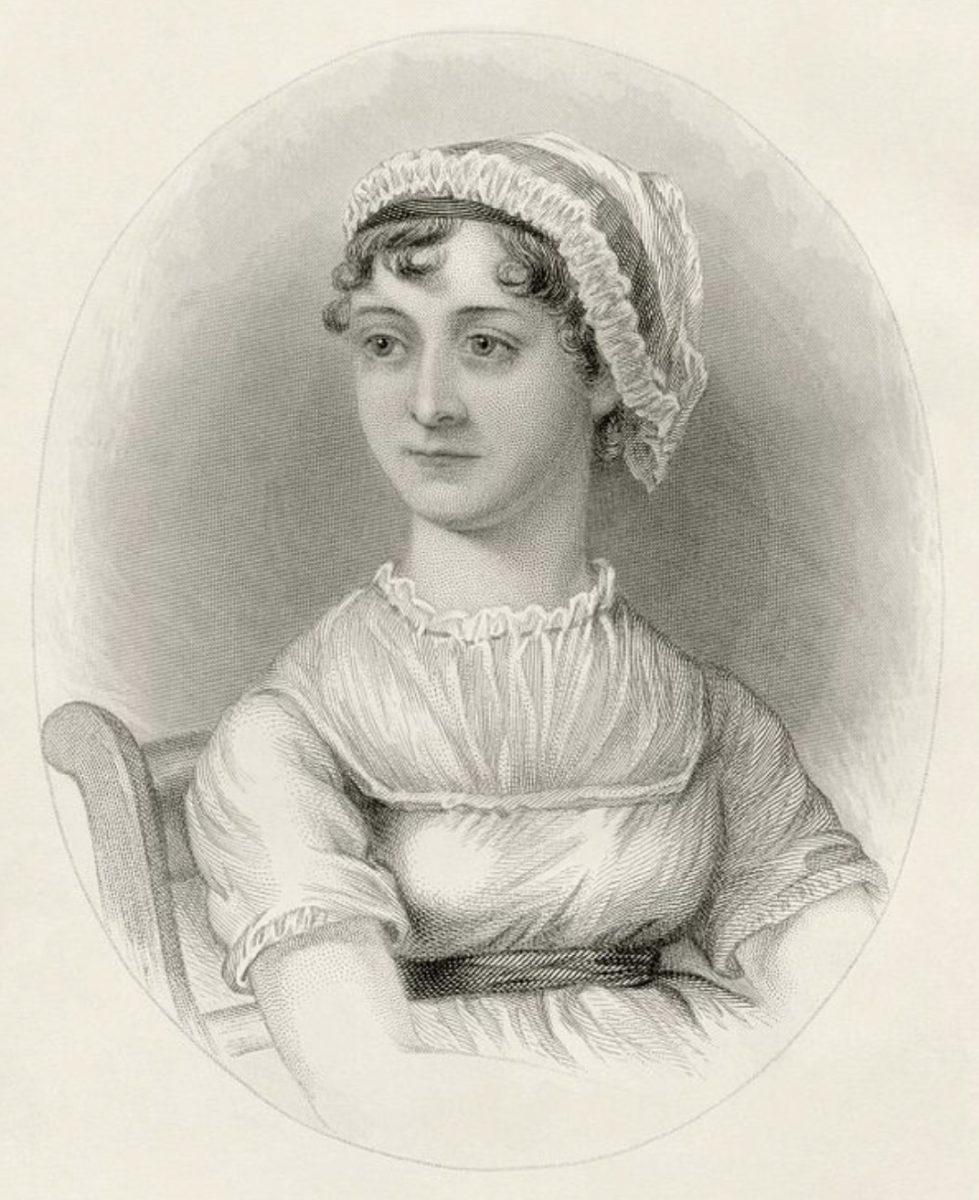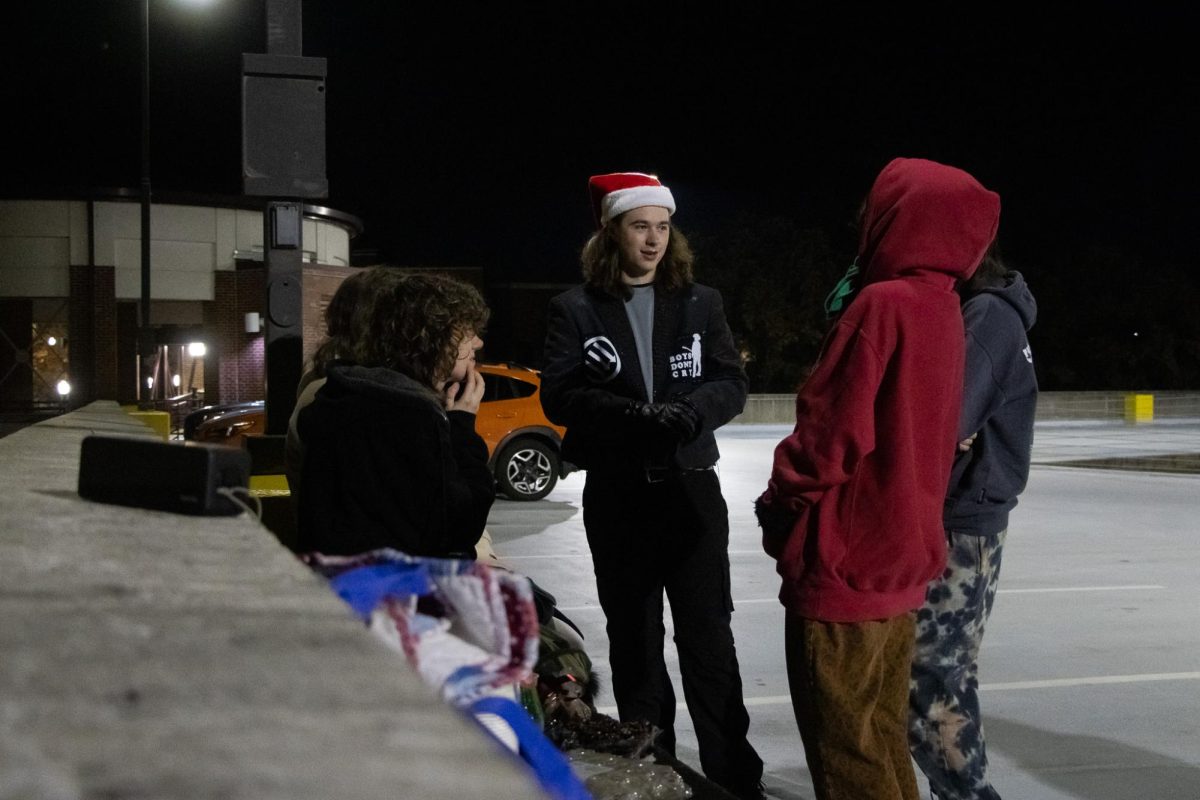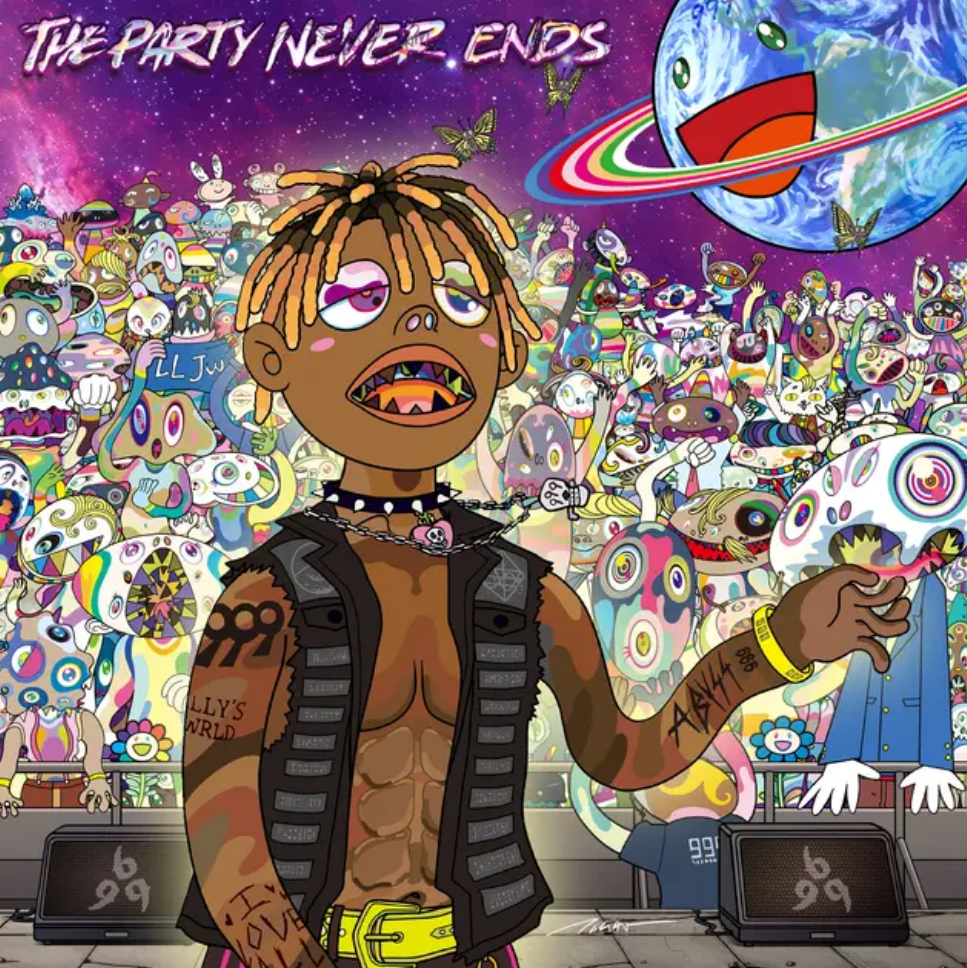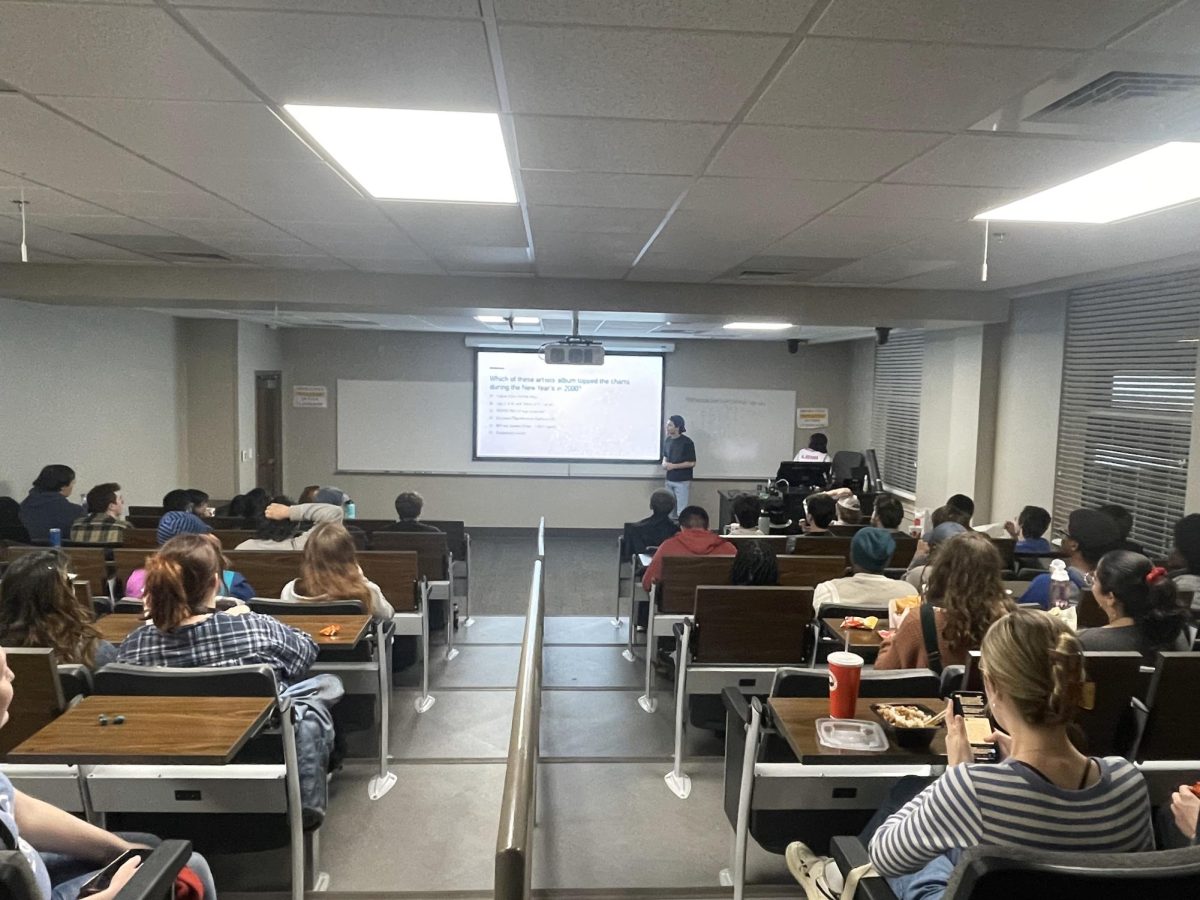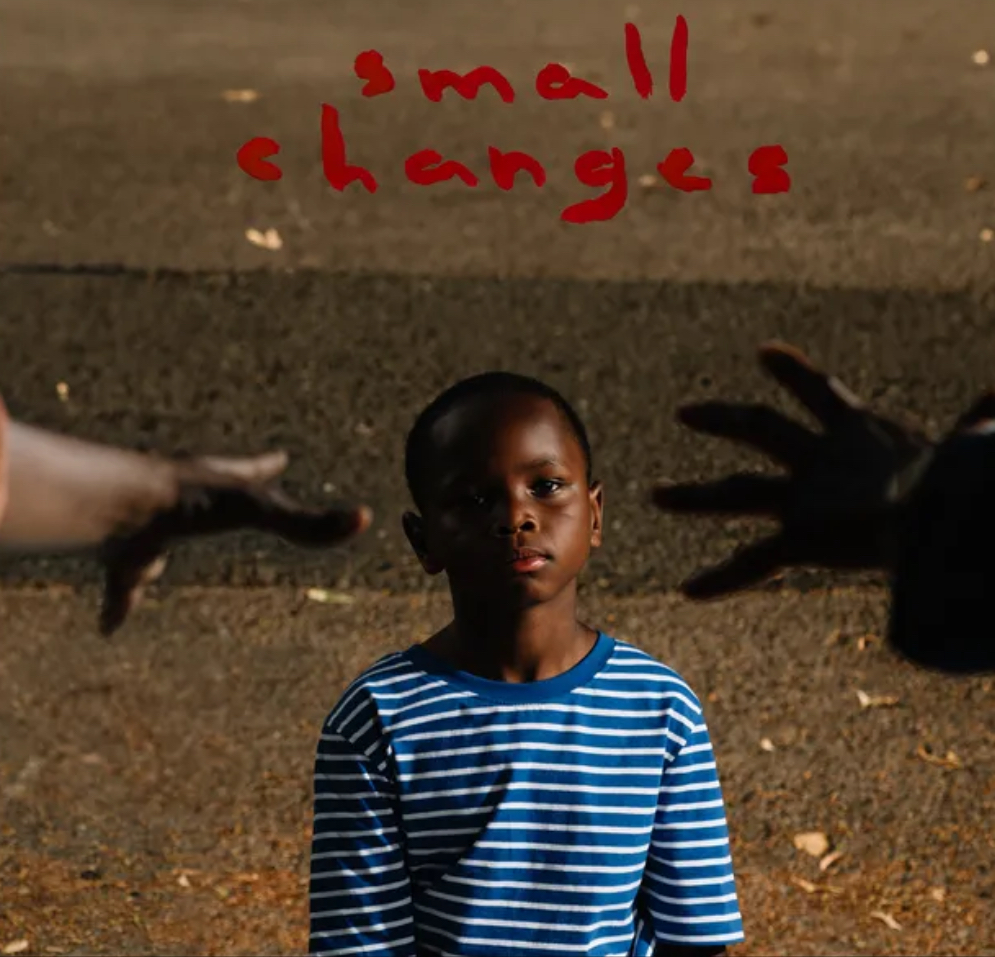“The Violet Hour” marks the second time director Matthew Burkholder has brought science fiction to the University’s theater program.
In fall 2009, Burkholder, a graduate student in theater, directed “Tales of the Lost Formicans,” in which aliens attempt to learn more about Earth by observing an average family. While “The Violet Hour” isn’t as heavy on the science fiction, Burkholder said the genre does have an attraction for him.
“I like plays that are quirky and weird,” Burkholder said. “I’m of the mindset, why do theatre if it isn’t theatrical?”
“The Violet Hour” began playing Tuesday night, and will run through April 18 at Allen Bales Theatre, with shows at 7:30 p.m. Wednesday through Saturday and 2 p.m. Saturday and Sunday.
Tickets through Friday were sold out as of Tuesday afternoon, but tickets to later shows were still available, said Omar Surkatty, marketing manager with the theater department.
“It’s less sci-fi than ‘Formicans,’ much less,” Surkatty said. “It doesn’t jump around at all.”
Surkatty said the only science fiction element in the play is a machine that allows its users to see into the future. The play’s plot revolves around that machine coming to the office of a publisher named John Pace Seavering in New York in 1919.
With this machine influencing him, Seavering has to choose between publishing memoirs by his ex-roommate and sweetheart, Jessie Brewster, and a novel titled “The Violet Hour” by his close friend Denis McCleary. McCleary’s characterization and story are analogous to those of F. Scott Fitzgerald.
“The situation of the writing of it is similar to what happened to Fitzgerald when he wrote ‘This Side of Paradise,’” Burkholder said. “If Fitzgerald hadn’t gotten that book published, he wouldn’t have been able to marry his wife Zelda, and in this play, if Denny’s novel isn’t published, he’ll lose Rosamond.”
Burkholder said one of the best things about the play is that its characters are based on real-life historical figures.
“They’re really real people going through these bizarre circumstances,” Burkholder said. “I’m also a really big fan of the playwright, Richard Greenberg. He’s kind of the best playwright nobody’s ever heard of.”
In 2003, Greenberg won a Tony Award for best play and a Pulitzer Prize for drama for “Take Me Out,” according to the Internet Broadway Database at ibdb.com.
Surkatty said while “The Violet Hour” has comedic elements, it is mostly a straight drama.
“There is one character, Gidger, who is the comic relief, and he’s a very proper character, very highly educated, and very dissatisfied with the circumstances that he’s in,” Surkatty said. “He contrasts strongly with the other characters, who are much more laid back.”
However, Surkatty said audiences shouldn’t take the play too seriously, even though they might get “a couple of laughs and maybe even some crying” out of it.
“It’s set on April 1, and the fact that it’s loosely based on these people, it’s really not meant to be taken seriously,” Surkatty said. “It’s just a production to be enjoyed.”



